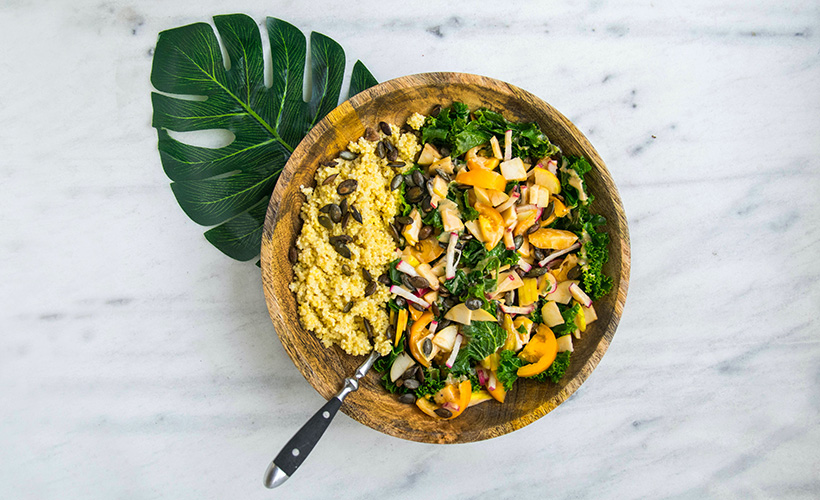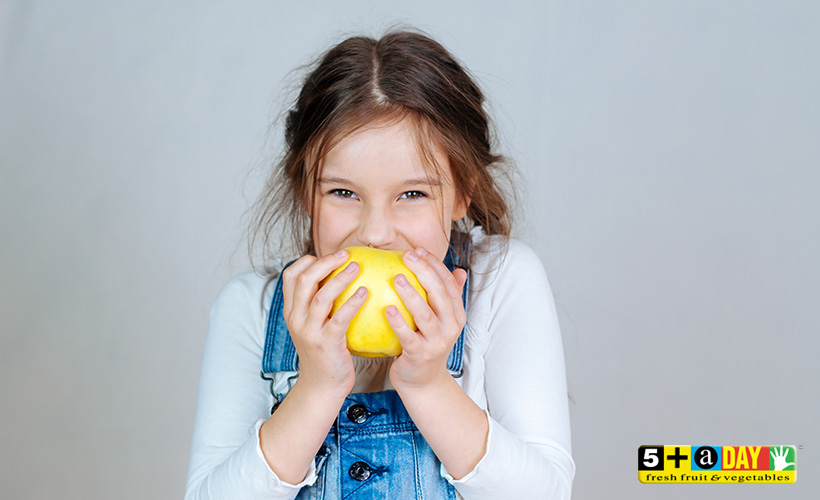Toddlerhood is a time of rapid development that requires the right energy and nutrition. It is a crucial time in a young life when impacts of good or bad nutrition can last a lifetime. Research shows that early childhood nutrition plays a critical role in the brain and immune system development, along with how the body metabolically reacts to foods or nutrients. It’s clearly important to be getting the very best food into our little ones.
But let’s face it… Toddlers are headstrong, busy little bodies with limited attention spans who, quite frankly, would often way rather be playing with their toys than sitting down to a huge plate of nutritious food ticking off all the essential food groups! And as for fussiness around food… it can be through the roof at this age! It may not be that they actually dislike a particular food, but it can come down to a power play, as developmentally, they like to start being in control of some decisions in their world, and food is often the starting point of asserting their will.
So, let’s learn what makes them tick, how to work with them around food, and most importantly, how to stay calm at mealtimes. Firstly, toddlers are notorious snackers. Their stomachs are still very small, limiting the volume of food they can consume. This is why a diet of highly nutritious food and a meal pattern involving small, frequent meals are so important for toddlers. Their appetites wax and wane, so don’t expect them always to eat “three full meals” a day. Offer dedicated meal times, but nutritious snacks are also important for toddlers who may not sit still for long enough to finish a full plate. It’s important to make sure that the foods that you do offer as snacks are not ‘empty’ fillers (ie. white bread, sugary snacks or highly processed foods) that will affect their appetite for more healthy food. Healthy snacks will help to prevent unnecessary mood swings (a.k.a toddler tantrums). They’re unavoidable, but well-fed tummies do at least help to reduce the frequency and severity due to low blood sugar levels.
Over the course of a day, try to include a wide variety of foods, in as close to their natural state as possible. It’s important that toddlers receive a variety of foods from the four main food groups:
- Fruit and vegetables
- Cereals and grains
- Meat, fish, poultry, egg, beans or other vegetarian or vegan protein alternatives
- Milks, yoghurts, cheeses and/or dairy-free alternatives
Try not to stress too much, as your child will pick up on anxiety around meal times, which may reduce their desire to cooperate or literally reduce their appetite. Children can inherently balance the amount of food eaten with just the right amount they need if they’re allowed to enjoy good foods at their own pace. Forcing children to overeat in the name of good nutrition is not the aim, and finishing all the food on the plate should not be the primary goal. Provide healthy options, and let them decide what they feel like and how much. As long as the options are all healthy, you can sit back and enjoy that cuppa in peace knowing that you have given them ample variety and choice… that’s the plan anyway!
Our role as parents of a toddler is to decide what food and when to offer it, but your toddler should decide how much they’ll eat. Toddlers won’t starve themselves, so resist the temptation to cave and give them unhealthy options you know they’ll devour with no fuss! If you demand that your child eats more than they choose to, you’re potentially overriding this natural ability and may encourage future overeating or a negative view of healthy foods.
Picky eating is extremely common in toddlers…The world has become an exciting place, and food may be low down on a little one’s priority list when there are many other fun things to do! Rejecting food does not always mean the child doesn’t like that particular food. If you offer the same thing on another day, they may just eat it. Be patient and keep offering new foods. Asserting independence is part of normal toddler development, and this often includes refusing to eat foods that you provide. Some further tips to encourage nutritious eating habits include:
- Ensure you are a positive role model by eating a healthy and varied diet yourself
- Don’t worry too much – a toddler’s appetite and food intake can vary daily. Try to create a relaxed environment around food. Your toddler probably doesn’t need to eat as much as you think he/she does! Children grow more slowly after the age of 12 months. Their caloric needs are less than what they were during the rapid growth period of newborn to one year old.
- When introducing a new food to your toddler, serve it alongside a food that they already like.
- Offer new foods in a relaxed environment.
- Avoid using food as a reward, pacifier or punishment.
- Enjoy family meals together at a table (where possible, even if only on weekends!), so toddlers can watch and copy others and enjoy the company and positive influence of loved ones while eating.
The toddler years are fun, frustrating, and high-energy, all at once. Encourage healthy eating habits, offer nutritious and varied food options, but most importantly, don’t forget to foster an enjoyment around food and mealtimes to encourage lifelong loyalty to healthy living!


















Community